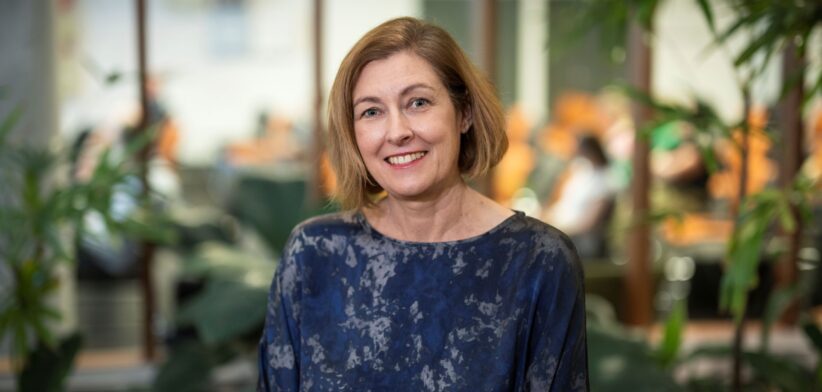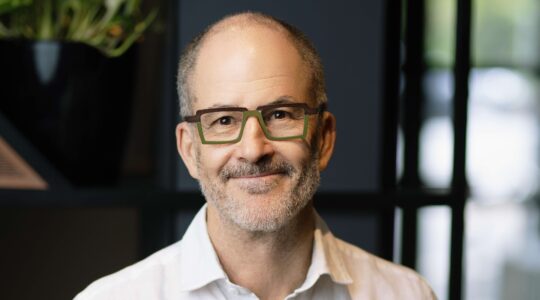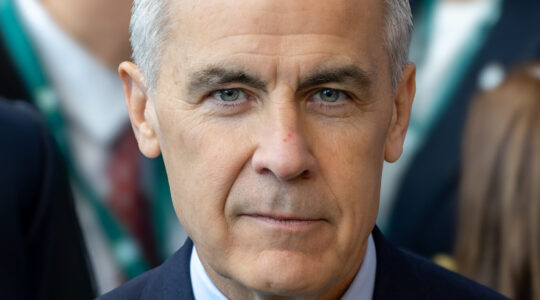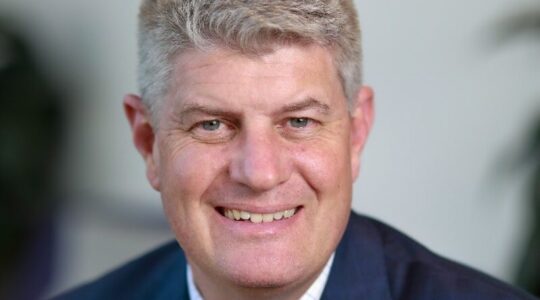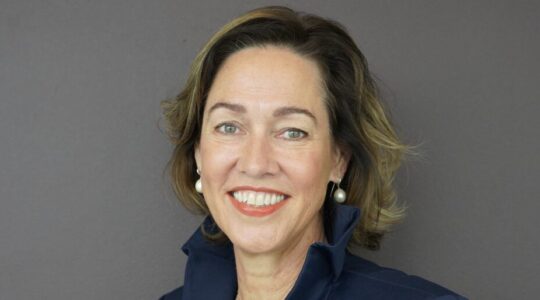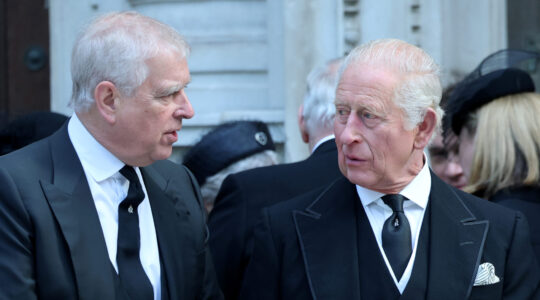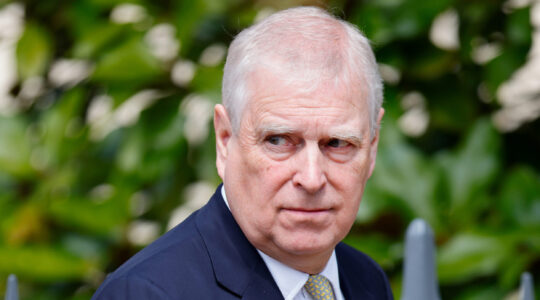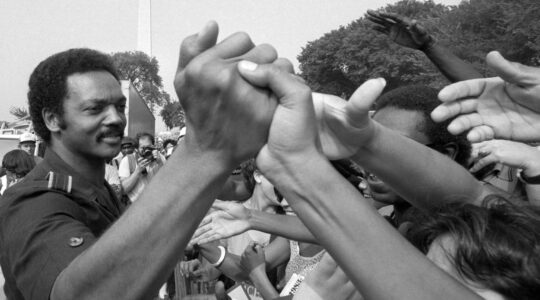By Niki Widdowson
Associate Professor Zephanie Tyack, internationally recognised for pioneering burns treatment for children, has built her healthcare career by following one simple maxim: make things better for people.
As a renowned health researcher, Associate Professor Zephanie Tyack has always gone “that next step’’.
Known for her pioneering burns treatment for children, Professor Tyack is an implementation scientist or “research translator’’, bringing to life research to benefit people in the real world.
Based at QUT’s Australian Centre for Health Services Innovation and School of Public Health and Social Work, she designs and redesigns health and community services to improve the value and quality of healthcare.
“Implementation science often calls for the redesign of programs and processes in consultation with those working at the coalface – consumers and clinicians, as well as the wider community and policy makers. Having the ear of an MP or other advocate helps drive acceptance and uptake,’’ Professor Tyack said.
“It’s about finding the best way to deliver health care for each person, while at the same time maximising value in the whole system by reducing waste and stretching each health dollar further.”
Caring for children with burns
As a former clinical occupational therapist, Professor Tyack treated children with burn scars, working one-on-one with patients to find solutions to their everyday needs.
Ten years ago, she developed questionnaires to measure quality of life of children and families that could be filled out before seeing a clinician or as part of research.
She then went on to develop a digital system to graph changes in scar symptoms like itch and pain, concerns about appearance, and patient and family priorities in real-time.
“This information can be invaluable to therapists as well as patients, particularly if a patient knows their responses will be looked at by a trusted health professional and responded to sensitively,’’ Professor Tyack said.
“We discovered things from conversations with families that we wouldn’t have otherwise known.
“For example, some parents had to stop buying their child’s medication to afford visits to the city for a hospital appointment. Once the treating clinician knew this, they were able to find a solution using telehealth so families could still afford the medication.
“We are still testing the questionnaires to find out how they can be best used to help care for people in the real world.
“It can be challenging to get health professionals to use them and to help people communicate their needs and priorities, but these questionnaires have the potential to help personalise treatment and be applied to other areas of healthcare like rehabilitation and mental health.”
In her burns research, Professor Tyack has worked with Australian and international teams to improve the management of scarring after burn injuries.
“I make it a priority for people after burn injury to consider their physical and psychological support needs after discharge from hospital, including the trauma-informed care of patients and their families,’’ she said.
Her long-running research and practice with children recovering from burns was recognised by an award from the American Burns Association in 2023.
Transformative stories
The stories of young burns patients and the staff and families who care for them have transformative power.
Professor Tyack said much could be learned by listening to those with lived experience and learning what is important to them.
“Stories have an important role in burn recovery as well as other healthcare because they motivate people and teams and drive change,’’ she said.
“We started to understand things that hadn’t been understood previously. For example, the child recovering from a severe burn who stops doing their exercises designed to aid movement of their scarred area, because they experienced terrible painful tightness when stretching.
“We learnt about other sensations and things we didn’t know about, such as shooting pains in their legs when going downstairs, and scars impacting on the ability to concentrate.”
Professor Tyack has also explored pain relief for young burns patients during procedures through hypnosis techniques.
“Some hypnotic principles are already in use in distraction methods like virtual reality headsets, talking or visualisation techniques, or music to guide and engage children,’’ she said.
“But we are evaluating the use of hypnotherapy more formally to reduce pain and distress.”
Navigating mental health services
Professor Tyack’s expertise and person-centred approach was called upon to design a new model of mental health services for rural and remote communities in Queensland in a research project known as The Bridging Study.
The priority was to design and evaluate a new service in the context of “the whole health care system’’, working closely with health economists to get the best value healthcare for people.
“By having conversations with mental healthcare users and providers, community members, and local council members we learnt about the barriers to people accessing mental health care, which is a huge problem,’’ Professor Tyack said.
“These people told us they needed someone who could guide people with mental health issues through the system and connect them to the right services.’’
Professor Tyack was involved in designing and implementing the Navicare model at a hub site in the Queensland mining town of Moranbah in the Bowen Basin region, southwest of Mackay. Locals were trained to be Care Navigators, linking help-seekers with various support services.
A dedicated space was set up where people could log on and use telehealth for sessions with a qualified health professional supported by a local Care Navigator.
“To evaluate this new mental health service, we are currently interviewing community members and running local workshops in communities to see what they think of the service,’’ Professor Tyack said.
“We will also look at whether the service is cost-effective and whether it has an impact on the number of mental health hospitalisations, and length of waiting in emergency departments in the region.’’
After the success in Moranbah, another mental health hub is now being set up Clermont, 120km to its southwest.
Making things better
Professor Tyack’s career trajectory has been guided by her maxim to “make things better for people”.
Even though she didn’t plan on being an implementation scientist, it seemed “like a natural progression’’ in her career.
“At its core, implementation science is about giving people the tools to think about and do things in a way that makes research most useful in practice,’’ she said.
“The thing I like most about my work is the exceptional people and teams I get to work with, who are driven by a strong desire to improve the health of people who have largely been neglected in healthcare and research.
“They are not afraid to question the status quo. That makes my research incredibly rewarding and makes me focus on the things that can really make a difference to the everyday lives of people in the real world.”
_ Niki Widdowson is a QUT Communications Officer.
